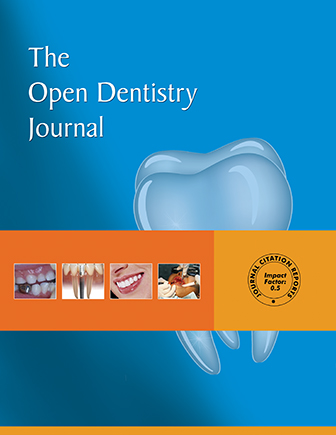Short-Term Crossover Study on the Effect of Orthogonalized Deep-Grooved Posterior Artificial Teeth on the Masticatory Efficiency of Complete Denture Wearers
Abstract
Background:
Mastication has been regarded to play an important role in achieving quality daily life for the elderly. On the occlusal surface of posterior artificial teeth, parallel grooves of 1 mm depth and 1 mm width with an inter-groove distance of 2 mm have been found to significantly improve masticatory efficiency on a mechanical simulator.
Materials and Methods:
In the present study, the effect of the grooved design on masticatory efficiency in edentulous subjects using a short-term crossover trial was evaluated. Six edentulous participants, 1 male and 5 females, were assigned into two groups. One received duplicated complete dentures with grooved molars first, and the other received duplicated complete dentures with conventional molars first. The design of the teeth was crossover after evaluating masticatory efficiency. Raw carrot, raw lettuce and mixed foodstuffs were used to evaluate masticatory efficiency. Subjects were instructed to masticate 20 strokes and arbitrary strokes until they felt like swallowing.
Results:
The number of masticatory strokes taken was significantly smaller using the grooved design (p<.05). Masticatory efficiency analysis revealed that the grooved design achieved significantly higher masticatory efficiency at 20 masticatory strokes for raw carrot and mixed foodstuffs (p<.05).
Conclusion:
Results show that compared with conventional lingualized occlusion, the grooved design accomplishes higher masticatory efficiency in vivo. Considering the distinction of this design that it can be applied to any existing denture occlusion, the design might help improve the dietary life of the elderly.


